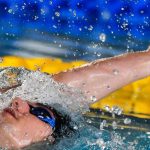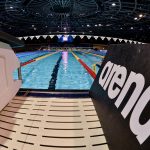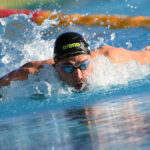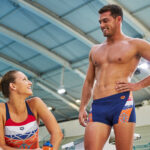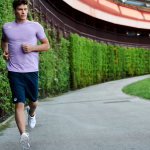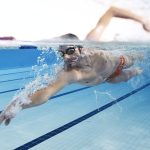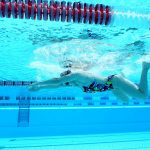How to develop an efficient freestyle leg kick
Developing an efficient freestyle leg kick can be broken down into various elements. In this article, we will try and focus on each of them, explaining how to train them so that you will become a more powerful swimmer.
Try to isolate just your leg kick for a moment.
Unlike a complete swim stroke that involves various other factors, when looking at the leg kick alone we need, first and foremost, to consider the resistance created by the body as its moves through in the water. In this case, it is vitally important for the swimmer’s body to be perfectly balanced, so as not to generate any additional resistance. This means the head must be perfectly aligned with the shoulders, which, together with the hands and heels (the four buoyancy points), must be kept at the surface of the water.
Try using a snorkel to improve this aspect. It will allow you to concentrate on and improve your upper body position.
In the water: use a snorkel and concentrate on keeping your head in the right position. Try changing your angle of vision while swimming. Try swimming 25 m with an angle of vision of 45° and 25 m looking down at the blue line at an angle of 90°. Make sure you do not create any additional resistance to that generated by your body as it moves forward and check that the four buoyancy points referred to above are at surface level throughout the exercise.
Continuing to isolate just your leg kick, another key factor is the forward drive through the water coming from your legs. The most important part of the leg kick is when your leg moves downwards. At this point you need to thrust your leg downwards making sure you do not bend your knees or allow your feet to surface. Another important part of this movement is ankle flexibility.
Here are some simple exercises to help you improve your ankle flexibility.
- In a standing position, place a tennis ball under the arch of your foot and make circular and criss-cross movements. Apply constant pressure so that you work the entire arch. Perform this exercise for 2 minutes and then change foot.
- Dynamic stretching. Using an elastic band or towel. In a sitting position with your legs stretched out in front of you, place an elastic band behind your toes. Pull the band gently towards you and bend your ankle and foot until you can feel tension in your calf muscle. Hold this position for 30 seconds. Repeat three times for each foot. This exercise can be performed applying pressure in the opposite direction or to the left or right. This will work on the overall flexibility of your ankle.
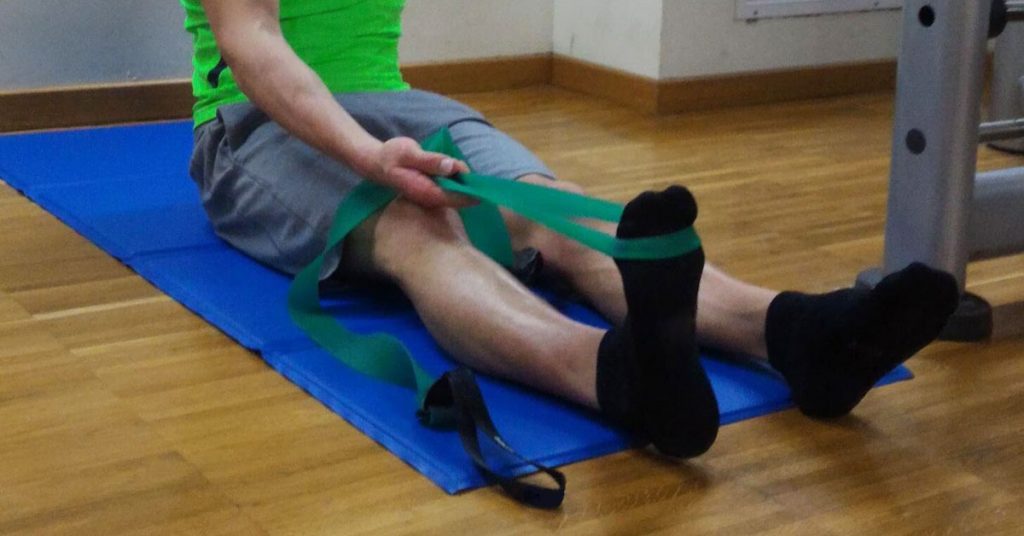
-
- In the water using long, soft fins. Long, soft fins improve energy transfer from your leg when working on ankle mobility. To improve your flexibility, you can perform vertical backstroke or butterfly leg kicks focusing on the final phase of the leg kick and how your ankles moves in the water.
Lastly, here are three fundamental rules for developing an efficient leg kick:
1. Incorporate leg exercises right through the season. Of course, the amount of legwork you do will vary throughout the year, but never forget to train your legs.
2. Use a snorkel and work on your ankle flexibility as described above.
3. Also train your legs out of the water, performing specific exercises to concentrate on both flexibility and power.
All this will help you improve your forward drive and, hence, generate a more efficient leg kick.
Photo credit: Gian Mattia D’Alberto/LaPresse
Written by:
arena coaches
Swim coaches, trainers and experts will give you all kinds of tips for performing at your best in both training and races.
